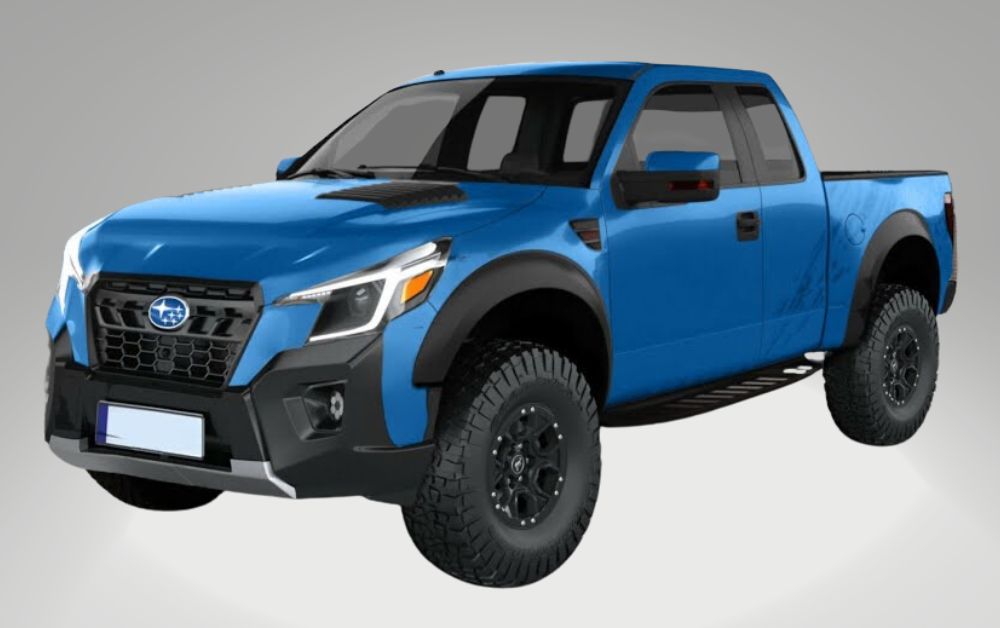Unraveling the Debate on Dealership Fees When Buying a Car

The Federal Trade Commission (FTC) has been addressing concerns related to perplexing fees and sales strategies employed by certain auto dealerships, leaving buyers with a sense of dissatisfaction. Despite the initial proposal, progress has been slow, with a U.S. House committee now delving into the matter.
FTC’s Push Against Bait-and-Switch Ads and Surprise Fees
According to a report by Reuters, a committee in the U.S. House is scrutinizing the FTC’s intended regulations aimed at establishing new consumer safeguards for car buyers, facing strong opposition from auto dealers.
Last summer, the FTC took steps to curb the use of confusing fees and sales tactics by certain auto dealerships, intending to address buyer dissatisfaction. However, the proposal has encountered delays, and now, members of Congress are scrutinizing its progress.
As reported by Reuters, a U.S. House committee is investigating the FTC’s planned rules, which seek to introduce new consumer protections for car buyers but are met with opposition from auto dealers.
FTC’s Efforts to Regulate Car Dealership Advertising and Fees
In June, the FTC introduced a proposed rule aiming to regulate how car dealers advertise and apply fees to new vehicle sales.
The proposed rule, currently in a lengthy public comment period, includes measures to ban deceptive advertising practices, commonly known as bait-and-switch marketing. This involves drawing consumers to a dealership with an advertised deal only to reveal later that the deal is not actually available.
Additionally, the rule seeks to prohibit fraudulent fees related to add-on products and services that offer no real benefit to consumers. Specific examples include nitrogen-filled tires that do not contain more nitrogen than regular air.
Another aspect of the proposed rule is a ban on surprise fees, such as document fees and other add-ons disclosed only at the end of the sale process. The rule emphasizes the importance of dealers disclosing all fees not required.
Moreover, the rule proposes a requirement for full price disclosure, mandating dealers to disclose a true offering price for each vehicle, excluding only taxes and government fees.
It is essential to note that not all dealerships regularly violate the proposed rule, with objections from the auto industry and requests for changes from the National Automobile Dealers Association and the Alliance for Automotive Innovation.
Congressional Inquiry and Alternative Plans by the FTC
Recently, House Oversight Committee Chair James Comer requested documents and answers from FTC Chair Lina Khan by Nov. 30 regarding the proposed rule. Comer expresses concerns that the rule could harm consumers and small businesses, hindering innovation in the industry. He questions the analysis and reliability of the data, citing procedural flaws.
While hearings may impede the FTC’s efforts, the agency has proposed a broader set of rules applicable to all businesses in October. Termed “junk fee” rules, they would cover transactions beyond car dealerships, including rental cars and concert tickets. The proposal includes an exemption for car dealers if a separate set of rules is finalized. Should Congress block rules specific to car sales, the general junk fee rule might still impact certain car dealer practices.
Related Articles

Driving Relief: Ontario Gas Tax Reduction Extended Amid Economic Challenges
Premier Doug Ford has announced the extension of Ontario’s gas tax reduction until the end of the year, a decision poised to provide much-needed relief to drivers across the province. As the government gears up to unveil its budget, the emphasis on cost containment and support for motorists underscores a commitment to alleviating financial strains and fostering economic resilience in Ontario.

2025 Audi A3 Sedan: Unveiling Subtle Updates and Customizable Features
Today, we delve into the world of Audi with an exclusive look at the anticipated 2025 Audi A3 Sedan. Set to make waves in the North American market with its subtle yet captivating refresh, this sedan embodies Audi’s commitment to innovation and style. Join us as we explore the intricate details and unique features of this highly anticipated release.

Jeep Price Drop Signals Brand Transition Ahead of EV Launches
As Jeep gears up for a monumental shift in its lineup with the impending launch of its first electric vehicles (EVs), the brand is making significant moves to adapt. One notable change is the price drop on two of its popular models, the Compass and Grand Cherokee. Let’s delve into the details of this transition and what it means for Jeep enthusiasts and the broader automotive market.

When Does Drive to Survive Come Out?
The highly anticipated new season of “Drive to Survive” is just around the corner, set to hit screens on February 23. With its captivating portrayal of the high-stakes world of Formula 1, this Netflix docuseries has become an absolute must-watch for racing aficionados worldwide.




